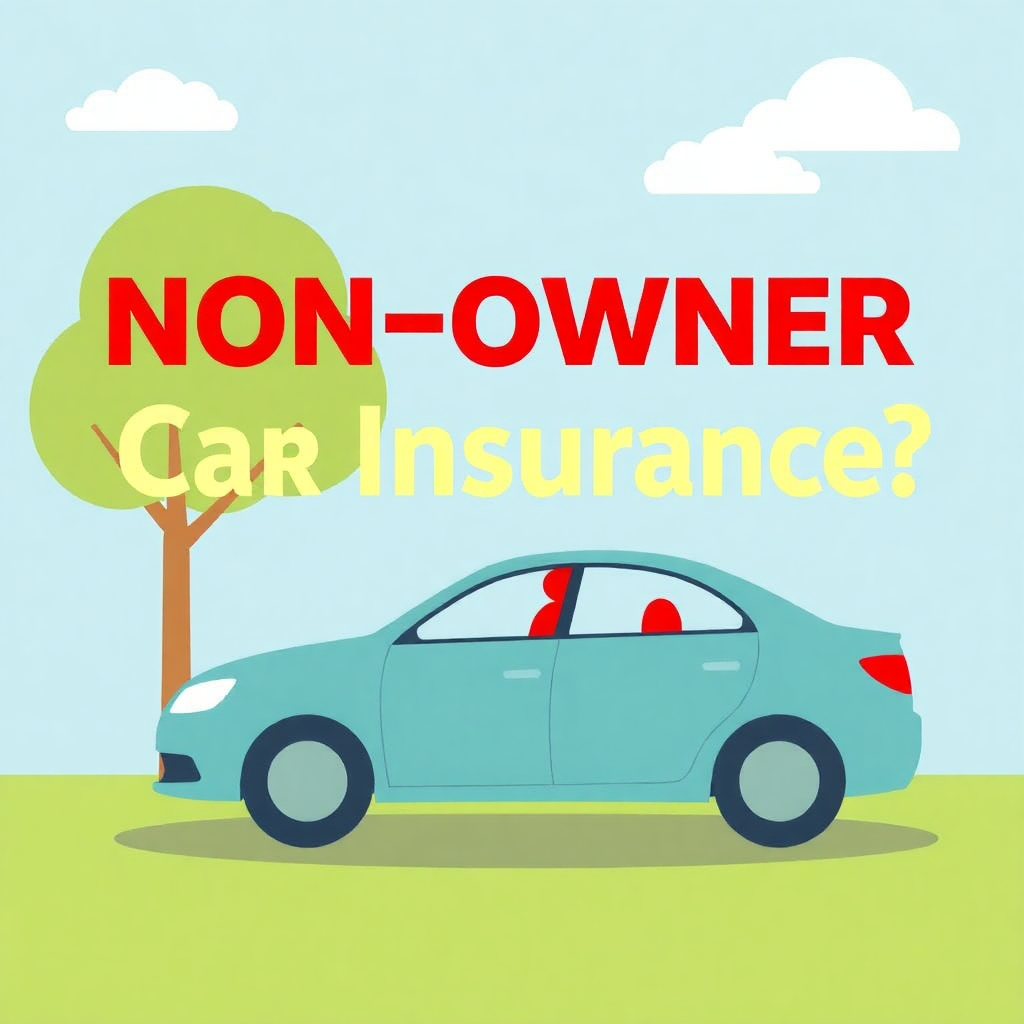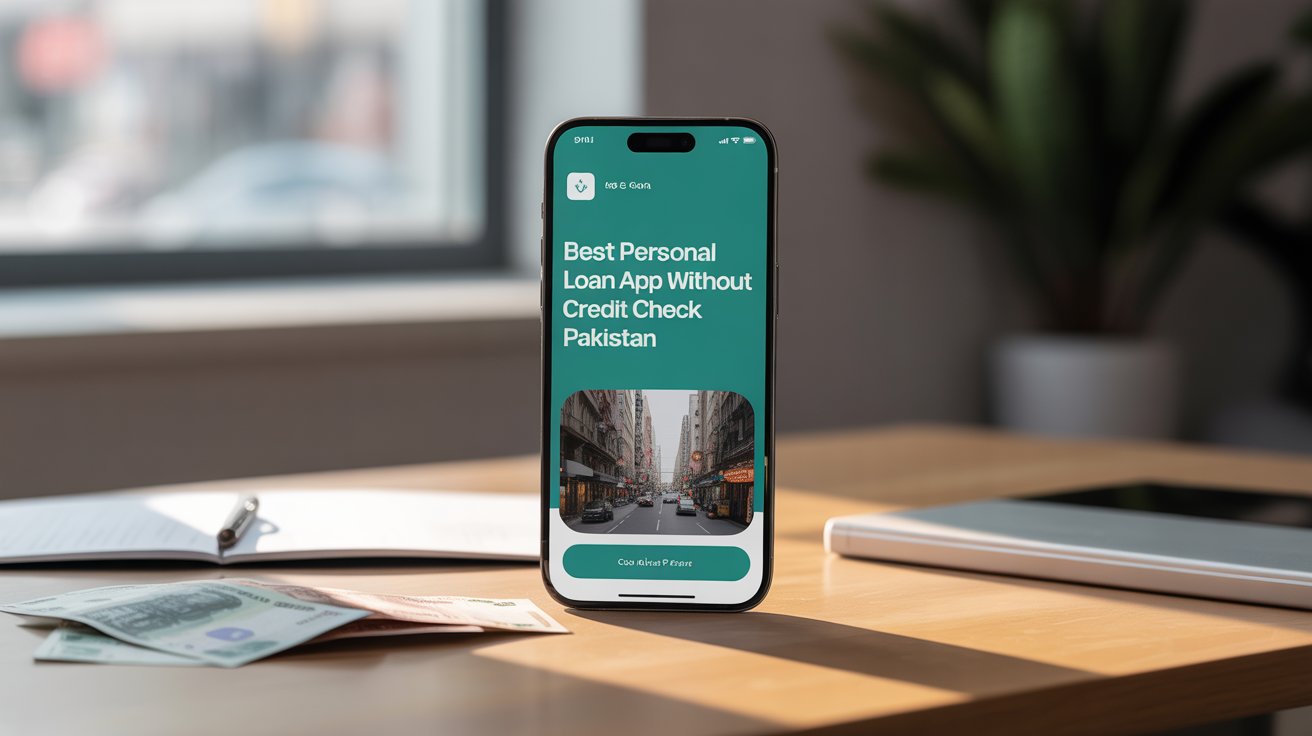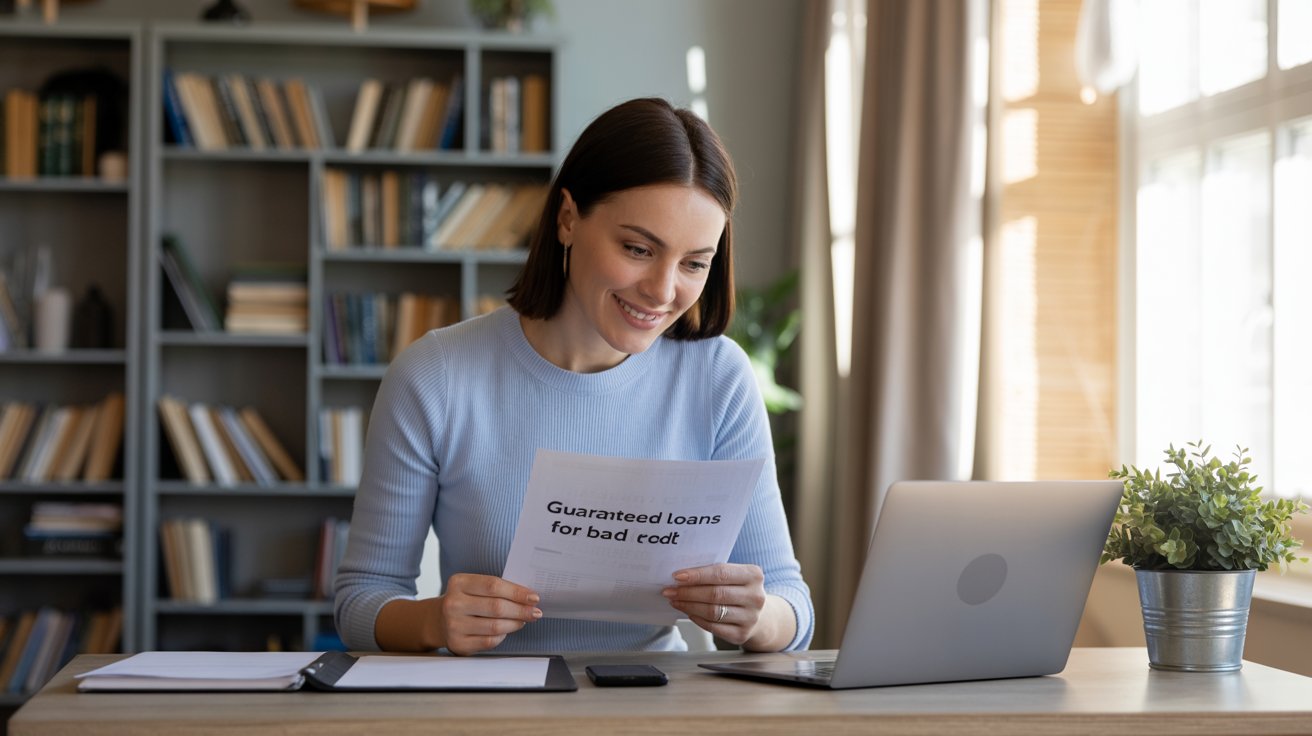When it comes to car insurance, most people are familiar with standard policies for vehicle owners. But what happens if you don’t own a car? Whether you occasionally borrow a friend’s car, rent vehicles frequently, or are looking to reinstate your driver’s license, non-owner car insurance could be the solution you need. This article explores what non-owner car insurance is, how it works, and who might benefit from it.
What is Non-Owner Car Insurance?
Non-owner car insurance is a type of liability insurance designed for individuals who drive but don’t own a vehicle. Unlike standard car insurance, which covers both the driver and their vehicle, non-owner policies provide liability coverage for bodily injury and property damage you may cause while driving a vehicle that you don’t own.
It’s important to note that non-owner car insurance typically does not cover:
- Damage to the vehicle you’re driving.
- Your personal injuries (medical payments or personal injury protection may not be included).
- Comprehensive or collision coverage.
Instead, this type of insurance primarily offers liability protection, which is legally required in most states.
How Does Non-Owner Car Insurance Work?
When you purchase a non-owner car insurance policy, it provides secondary liability coverage. This means it kicks in after the vehicle owner’s insurance policy has been exhausted. For example, if you borrow a friend’s car and cause an accident, the friend’s insurance policy would typically be the first to pay for damages. If the costs exceed their policy limits, your non-owner insurance would cover the remaining liability costs, up to your policy limits.
Non-owner policies are generally more affordable than standard car insurance because they don’t include coverage for a specific vehicle. The exact cost will depend on factors such as your driving history, age, location, and the coverage limits you choose.
Who Needs Non-Owner Car Insurance?
Non-owner car insurance isn’t for everyone, but it’s an excellent option in certain situations. Here are some scenarios where this type of coverage is beneficial:
1. Frequent Car Borrowers
If you frequently borrow cars from friends or family members, non-owner insurance provides liability protection. While the vehicle owner’s policy usually covers occasional drivers, having your own policy can offer additional peace of mind and financial security.
2. Frequent Car Renters
If you rent cars often, non-owner car insurance can be a cost-effective alternative to purchasing liability coverage through the rental company. It ensures you’re protected without paying high daily rates for insurance.
3. License Reinstatement Requirements
Some states require proof of insurance to reinstate a suspended or revoked driver’s license. A non-owner policy can fulfill this requirement, especially for individuals who don’t own a car but want to regain their driving privileges.
4. Occasional Drivers
For individuals who drive infrequently but want liability protection, non-owner car insurance provides an affordable way to stay covered. This is particularly useful if you only drive for short-term needs or emergencies.
5. Rideshare Drivers Without a Personal Vehicle
While rideshare companies like Uber or Lyft offer some insurance coverage, gaps can exist. If you’re a rideshare driver who doesn’t own a personal vehicle, a non-owner policy can help cover liability risks during non-rideshare driving periods.
Benefits of Non-Owner Car Insurance
- Financial Protection: Covers liability costs if you’re at fault in an accident.
- Compliance: Helps meet state insurance requirements, especially for license reinstatement.
- Cost-Effective: Cheaper than standard car insurance policies.
- Flexibility: Provides coverage across multiple vehicles you don’t own.
- Peace of Mind: Ensures you’re prepared for unexpected situations while driving.
What Non-Owner Car Insurance Doesn’t Cover
Understanding the limitations of non-owner car insurance is crucial. This type of policy does not include:
- Physical damage to the vehicle you’re driving (no collision or comprehensive coverage).
- Personal belongings inside the vehicle.
- Coverage for business-related driving (such as deliveries).
- Medical expenses for your own injuries unless medical payments coverage is added.
If you need additional protection, you may need to explore supplemental coverage options or rely on the vehicle owner’s policy.
How to Purchase Non-Owner Car Insurance
Buying a non-owner car insurance policy is straightforward. Follow these steps:
- Assess Your Needs: Determine how often you drive vehicles you don’t own and what kind of coverage you require.
- Compare Providers: Shop around to compare quotes, coverage options, and customer reviews from different insurance companies.
- Provide Necessary Information: Be prepared to share details such as your driver’s license number, driving history, and the states where you’ll be driving.
- Choose Coverage Limits: Select liability limits that meet your needs and comply with state requirements.
- Purchase the Policy: Once you’ve selected a policy, finalize the purchase and keep proof of insurance handy.
Is Non-Owner Car Insurance Right for You?
Deciding whether non-owner car insurance is right for you depends on your driving habits and circumstances. If you drive regularly but don’t own a car, this type of policy offers valuable liability protection at a lower cost than traditional car insurance. It’s especially useful for renters, borrowers, and individuals seeking to reinstate their licenses.
Conclusion
Non-owner car insurance fills an important gap for drivers without vehicles, offering liability coverage for various scenarios. Whether you rent cars, borrow vehicles, or need to meet legal requirements, this type of policy ensures you’re protected on the road. By understanding its benefits and limitations, you can make an informed decision and enjoy peace of mind while driving.






Leave a Reply